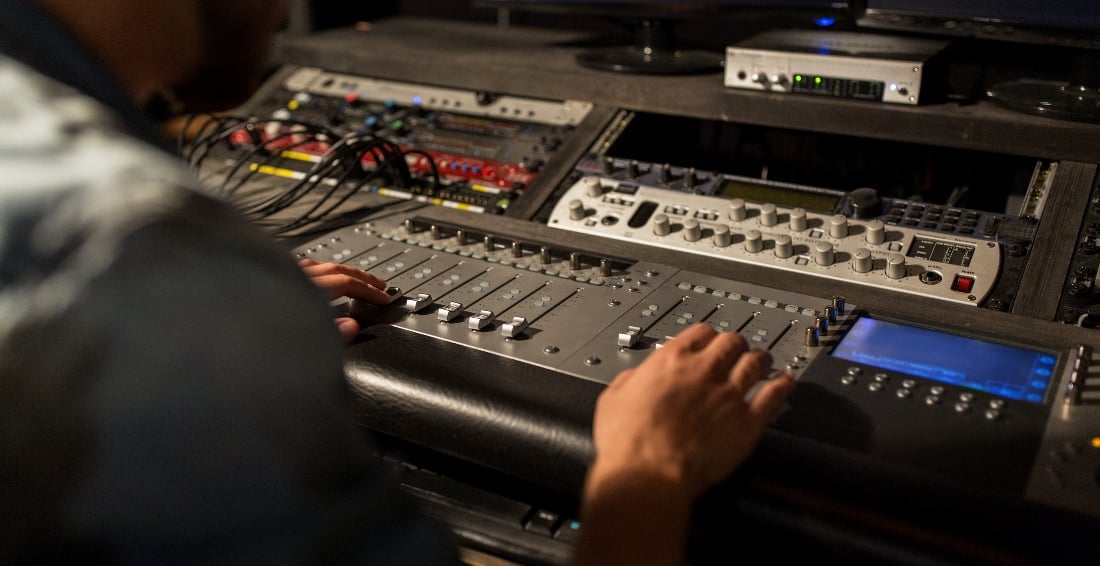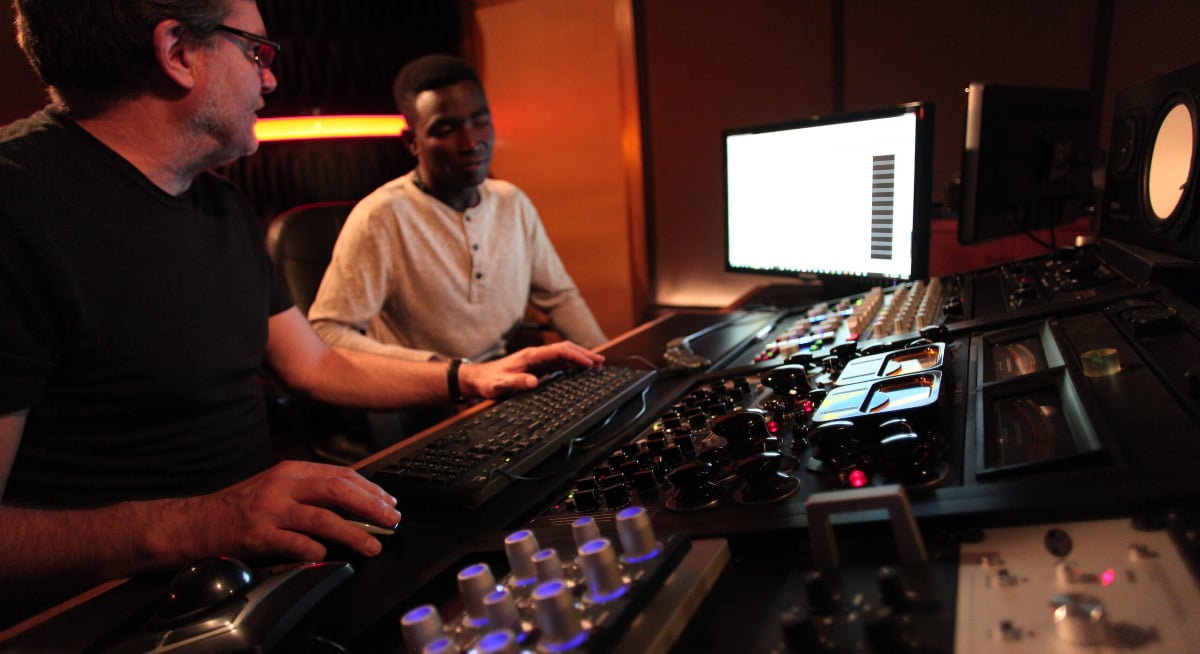What is a mixing engineer
A mixing engineer is responsible for taking multiple audio tracks and combining them into a polished final mix. The process of mixing takes place during the post-production phase of music production and involves balancing all the elements of a song to create the perfect sound.
A mixing engineer makes sure that all individual elements, such as vocals, instruments, and effects, are appropriately blended together to achieve a well-balanced sound. You use various tools and techniques, such as equalization, compression, panning, and reverb, to bring clarity, depth, and overall quality of the audio mix.
Mixing engineers work with digital audio workstations (DAWs) and a wide array of audio plugins to fine-tune the sound and address any issues like unwanted background noise, scratches, or frequencies that are either too high or too low. The goal is to make the recording sound professional across different playback systems, including speakers, headphones, and car stereos.
A skilled mixing engineer possesses a good ear for detail and a deep understanding of audio processing and signal flow. They collaborate closely with musicians, producers, and artists to achieve the desired artistic vision while also ensuring technical excellence in the final product.


What does a mixing engineer do
A mixing engineer is responsible for taking individual audio tracks, recorded during the music production process, and blending them together to create a cohesive and balanced final mix. The tracks can include vocals, instruments, drums, and other audio elements, and organize them in a digital audio workstation (DAW) to prepare for the mixing process.
The first task of a mixing engineer is to balance the volume levels of each track. They make adjustments to ensure that all elements are audible and properly balanced. Equalization (EQ) is an essential tool used by the mixing engineer to shape the frequency balance of each track. Compression is used to control the dynamic range of individual tracks, making the louder parts softer and bringing up the quieter sections.
The mixing engineer also positions each track within the stereo field using a technique called panning and applies various effects like reverb, delay, chorus, and others to add depth and ambiance to the mix. Automation helps make precise adjustments to volume levels, panning, and effects throughout the song.
Throughout the process, the mixing engineer actively listens to the mix on various playback systems (e.g., studio monitors, headphones, car speakers) to ensure it sounds good across different environments. Collaboration is a vital part of a mixing engineer’s work as they communicate closely with musicians, producers, or artists to understand their creative vision and make adjustments accordingly to achieve the desired final sound.
How do you become a mixing engineer
Becoming a mixing engineer requires a combination of education, practical experience, and a passion for music and audio engineering. To start, familiarize yourself with Digital Audio Workstations (DAWs) like Pro Tools, Logic Pro, Ableton Live, or others commonly used in the industry.
Study and practice various mixing techniques. Learn about equalization, compression, panning, and using effects to enhance audio quality and achieve a professional mix. You’ll want to get as much hands-on experience with recording equipment, microphones, and audio interfaces as possible. Set up your own home studio and practice mixing songs and work with different types of music to gain versatility and experience.
Once you’ve built your foundational knowledge base, you’ll want to start collaborating with musicians, bands, and other artists. Offer to mix their tracks for practice and to build your portfolio. Share your mixes with experienced mixing engineers or music producers to get feedback and constructive criticism.
Learning from industry professionals can help you identify areas for improvement and refine your skills. Recording Connection audio engineering programs place you with an experienced engineer in their studio where you’ll get real-world experience and network with other industry insiders.








